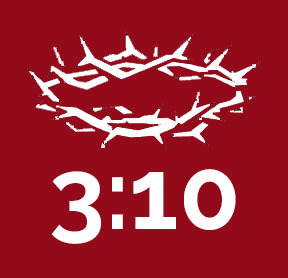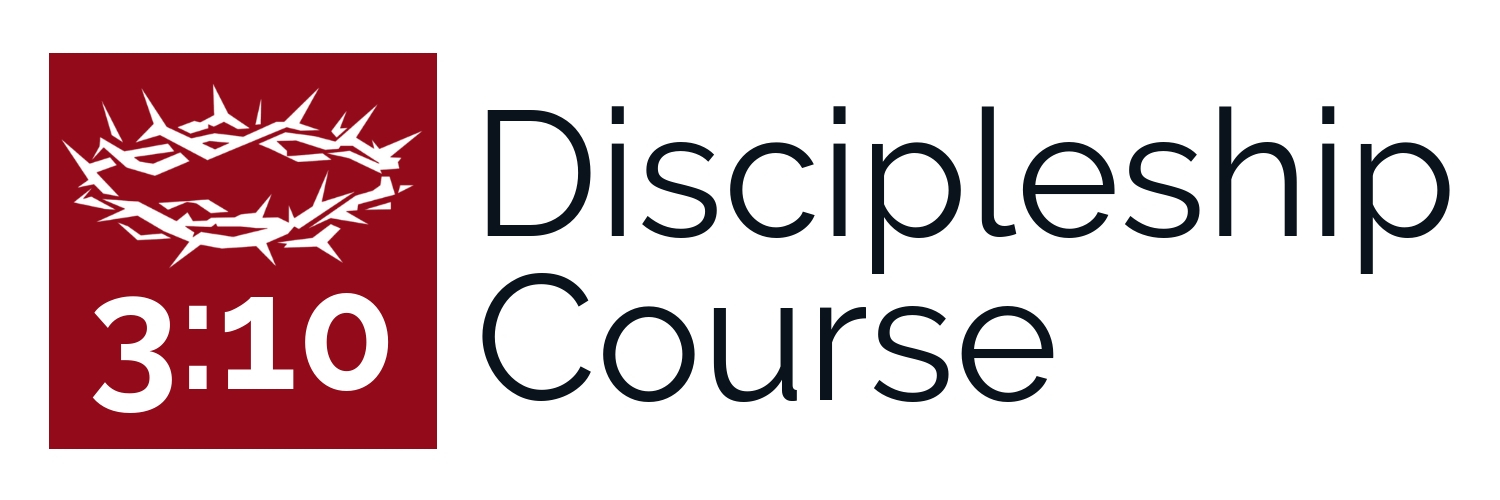The Nicene Creed
Icon of The Council of Nicaea 325AD The inscription at the top reads: The Synod of the Fathers
Image from Wikimedia Commons
Recently discovered beneath a lake at Iznik, Turkey: Church basilica associated with The Council of Nicaea in 390AD
Photo: PEN
The Council of Nicaea in 325AD
A later Church Council held in 325 AD at Nicaea in Asia Minor (Turkey) spelled things out even more clearly in what has become known as THE NICENE CREED.
We believe in one God, the Father Almighty,
maker of heaven and earth, of all things visible and invisible.
And in one Lord Jesus Christ, the only Son of God,
begotten from the Father before all ages, God from God, Light from Light,true God from true God, begotten, not made; of the same essence as the Father.
Through him all things were made.
For us and for our salvation he came down from heaven; he became incarnate by the Holy Spirit and the virgin Mary, and was made human.
He was crucified for us under Pontius Pilate; he suffered and was buried.
The third day he rose again, according to the Scriptures.
He ascended to heaven and is seated at the right hand of the Father.
He will come again with glory to judge the living and the dead.
His kingdom will never end.
And we believe in the Holy Spirit, the Lord, the giver of life.
He proceeds from the Father and the Son, and with the Father and the Son is worshipped and glorified. He spoke through the prophets.
We believe in one holy catholic (universal) and apostolic church.
We affirm one baptism for the forgiveness of sins.
We look forward to the resurrection of the dead, and to life in the world to come.
Amen.
Questions About Theology: The Rise of Heresies
As the Church grew, so did questions about fundamental beliefs or heresies (from the Greek word haeresis=choice/alternative view).





